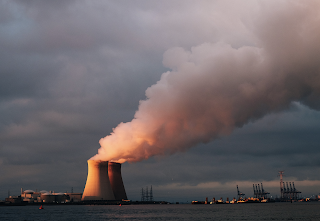On May 7th, in order to celebrate the 50 years since Ireland’s entering the EU, a festival was organized in the beautiful City Hall of Cork. Its aim was to give people the chance to commemorate this important anniversary as well as remind the adults of and teach the younger ones the values that the EU promotes and supports. Thus, solidarity, collaboration, multilingualism, justice, multiculturalism, equality, critical thinking as well as joy and creativity were present in the imaginative activities meant for all the family.
Visitors had the chance to listen to fairy tales in different languages, draw collaboratively, participate in a EU Treasure Hunt, play multilingual games, create puppets, make and enjoy smoothies, draw and see their creations turn into beautiful badges, rap, ask representatives of different EU countries questions about their countries and engage in formal and informal discussions. There were dance and song performances of different schools which made the festival very lively. Parents and children were excited and enthusiastic and eager to take part in the various activities as well as socialize with people all around the Hall.
The person in charge was Dr. Emmanuelle Schön-Quinlivan, the Jean Monnet Chair in Active European Citizenship and a lecturer in European politics in University College Cork. Dr. Schön-Quinlivan’s aim was to remind people of the benefits that a country enjoys while being an EU member and that there is strength in unity.
The festival proved to be a great success. Over 700 people came and went during the 4 hours, and they certainly celebrated the diversity and the opportunities that the EU offers.
If you want to have a small glimpse of the happenings of that day, have a look at the following video with the highlights!












